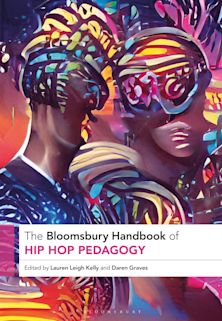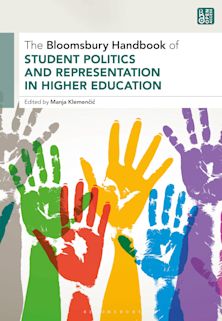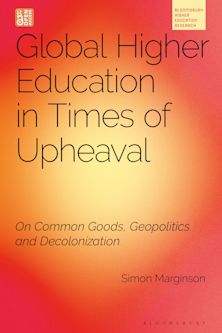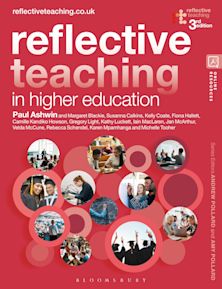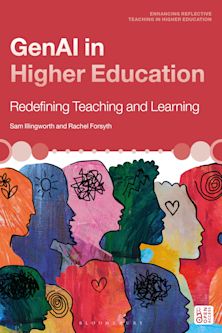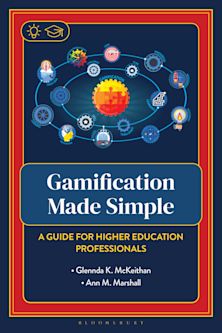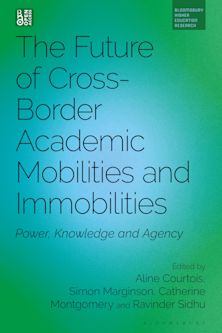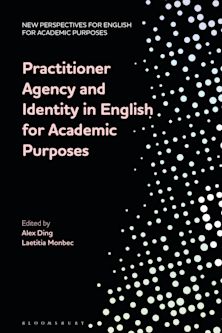Teaching Ethics
Instructional Models, Methods, and Modalities for University Studies
Teaching Ethics
Instructional Models, Methods, and Modalities for University Studies
This product is usually dispatched within 1 week
- Delivery and returns info
-
Free CA delivery on orders $40 or over
Description
Teaching Ethics: Instructional Models, Methods, and Modalities for University Studies encourages teachers and students to approach their work with a deep awareness that people, not as disinterested reasoners devoid of or effectively cut-off from passions, make ethical judgments. An individual’s social and emotional constitution should be taken into account. This collaborative publication offers salient instructional models, methods and modalities centered on the whole person.
Table of Contents
Foreword-Elaine Englehardt
Introduction-Daniel Wueste
Section 1: Setting the Philosophical Context
Dominic P. Scibilia
Chapter 1: Cognition and Conation: A Potent Alliance in Teaching Ethical Judgment
Daniel Wueste
Section 2: Persons as Moral Agents: Instructional Models
Dominic P. Scibilia
Chapter 2: Dialogue and Ethics in the Classroom
Michael Burroughs
Chapter 3: Study Abroad Strategies for Bringing Home the Complexity of Moral Judgments
Sandra Borden
Chapter 4: Ethics through Literature
Dennis Cooley
Section 3: Ethical Leaders: Instructional Models
Dominic P. Scibilia
Chapter 5: Teaching Applied Ethics and Triple Bottom-Line Leadership with an Integrated Undergraduate Capstone Course
Ronald L. Dufresne and David S. Steingard
Chapter 6: Teaching Reflective Decision-Making - Exercises for Navigating Ethical Dilemmas
Elizabeth A. Luckman and C. K. Gunsalus
Chapter 7: Ethics and Social Change
Lisa Kretz
Section 4: Moral Reasoning: Instructional Methods
Dominic P. Scibilia
Chapter 8: Methods for Developing Moral Judgment at the Undergraduate Level
Alan Preti
Chapter 9: Using an Ethics Bowl Competition in the Classroom to Teach Ethical Theory
Patrick Croskery
Chapter 10: Integrating Behavioral Ethics with Ethics Unwrapped
Cara Biasucci
Authors’ Biographies
Product details
| Published | Sep 30 2021 |
|---|---|
| Format | Hardback |
| Edition | 1st |
| Extent | 204 |
| ISBN | 9781475846720 |
| Imprint | Rowman & Littlefield |
| Dimensions | 228 x 160 mm |
| Series | Teaching Ethics across the American Educational Experience |
| Publisher | Bloomsbury Publishing |
Reviews

ONLINE RESOURCES
Bloomsbury Collections
This book is available on Bloomsbury Collections where your library has access.














